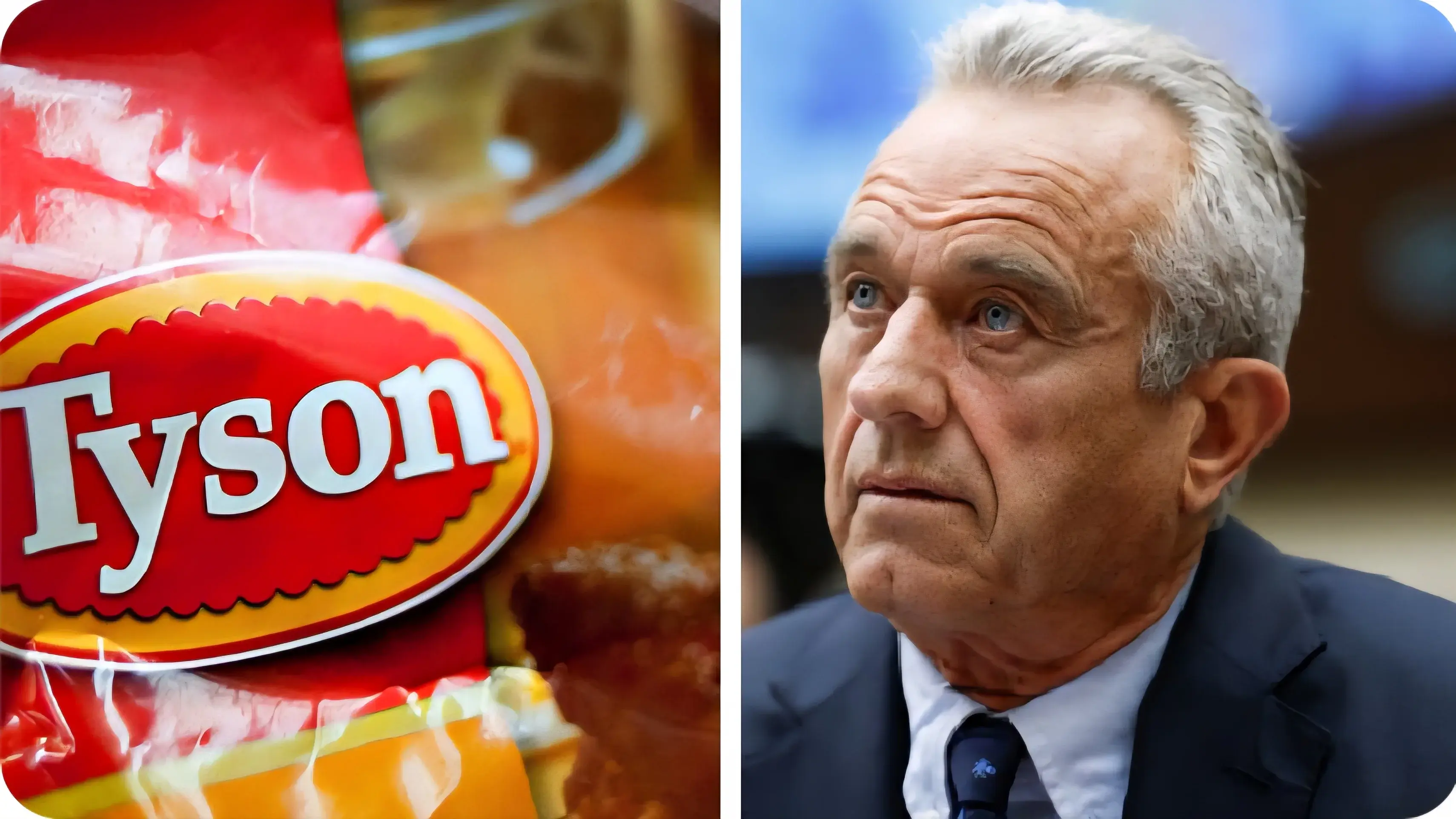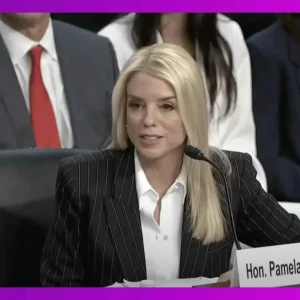In a significant move for food safety and public health, Tyson Foods, one of America’s largest food processing companies, has announced it will eliminate all petroleum-based synthetic dyes from its products by the end of May 2025, according to Health and Human Services Secretary Robert F. Kennedy Jr. 😲. The decision, revealed during a Tyson Foods earnings call on May 5, 2025, aligns with the Department of Health and Human Services (HHS) and the Food and Drug Administration’s (FDA) push to phase out such dyes from the nation’s food supply, marking a victory for Kennedy’s “Make America Healthy Again” (MAHA) initiative.

Tyson Foods’ CEO, Donnie King, stated that most of the company’s retail-branded products, including its iconic chicken nuggets and brands like Jimmy Dean and Hillshire Farm, already exclude these dyes. The few products still using them have been proactively reformulated to meet the new standard. “None of the products Tyson Foods offers through our school nutrition programs include petroleum-based synthetic dyes as ingredients,” King emphasized, underscoring the company’s commitment to healthier options for consumers, particularly children. This swift action, completed just 13 days after HHS and FDA announced their phase-out plan on April 22, 2025, sets a precedent for other food giants.
The HHS and FDA initiative, led by Kennedy and FDA Commissioner Marty Makary, targets eight petroleum-based dyes, including Red No. 40, Yellow No. 5, and Blue No. 1, commonly found in cereals, candies, and snacks. These dyes have been linked to health concerns like ADHD, behavioral issues, and even cancer in animal studies, though the evidence remains debated. Kennedy has long criticized the food industry for using these “toxic” chemicals, arguing they offer no nutritional value and pose risks to children’s health. At a press conference, he praised Tyson’s move, stating on X, “I look forward to seeing more companies follow suit and put the health of Americans first”.
The FDA is facilitating the transition by fast-tracking approvals for natural alternatives like beet juice, carrot juice, and butterfly pea flower extract, already used in Europe and Canada. While the phase-out is voluntary, Kennedy’s closed-door meeting with executives from Tyson, PepsiCo, and General Mills in March 2025 signaled strong pressure for compliance. The Consumer Brands Association has expressed support for a national standard to avoid a patchwork of state bans, like those in California and West Virginia.
Critics, including the International Association of Color Manufacturers, argue that synthetic dyes are safe and rigorously tested, warning that reformulation by 2026 could disrupt food production. Nonetheless, Tyson’s proactive stance has been hailed by health advocates like Vani Hari, who called it a “win for American parents”. As more companies face pressure to follow, this move could reshape the U.S. food industry, prioritizing transparency and health in a landmark shift 😲.






